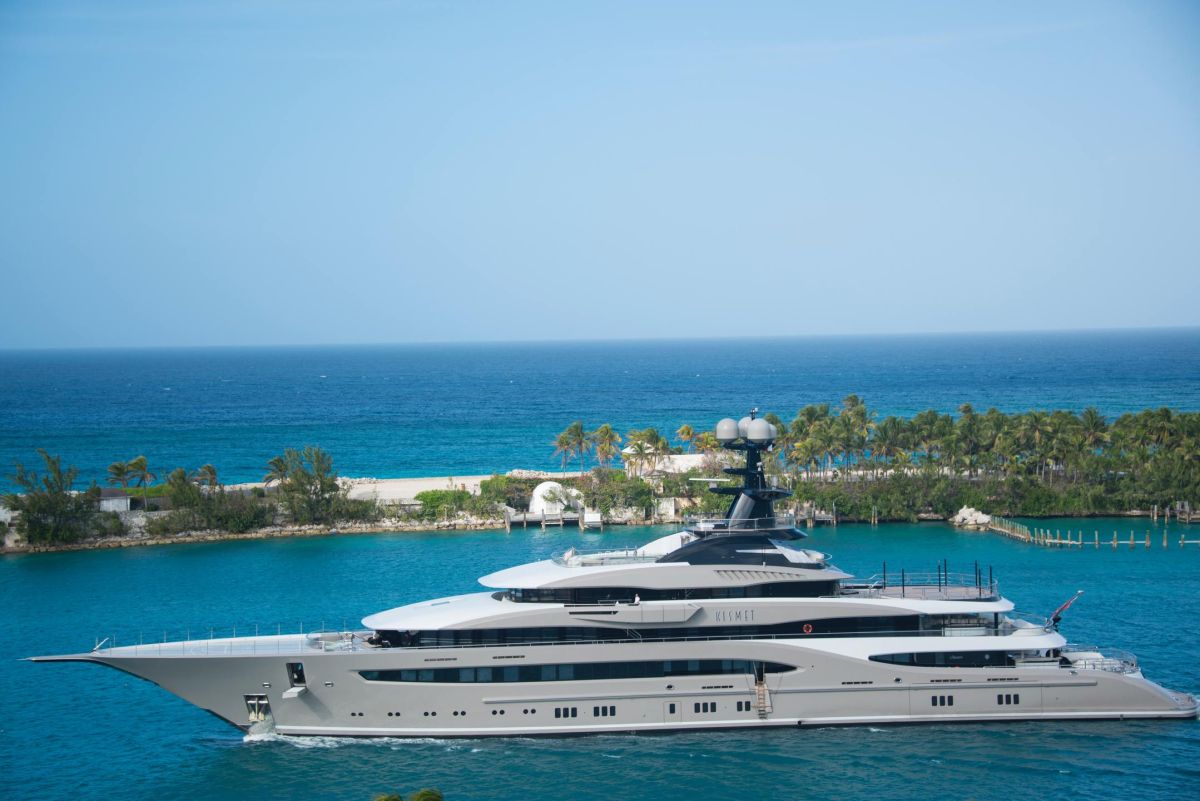Cannes 2022: Triangle of Sadness and ridiculing the rich

Ruben Östlund’s Triangle of Sadness was awarded this year’s main prize at Cannes, making the Swedish director one of the very few to win the world’s most prestigious festival more than once. His follow-up to The Square (2017) builds on similar concepts to bring a wild, unpredictable, and roaring dark comedy to cynically ridicule the rich.
Split into three distinct acts, the story is broadly centred around Carl and Yaya, played by Harris Dickinson and Charlbi Dean, respectively. He is a model approaching irrelevance in the fashion world, she is a social media influencer, both perfectly fitting the Western beauty standards.
As the pair is finishing a meal in an exclusive restaurant, Carl’s request for Yaya to pay the bill sparks an argument spanning the entirety of the act. Money can be an awkwardly sensitive topic for everyone, and Carl is already feeling ridiculed enough by his fading career prospects. By dragging the fight to the limit, or maybe even beyond it, Östlund provides hilarious commentary on modern relationships and how little it takes to destabilise them.
The second act is what will remain in the viewers’ minds for the longest time, and the details of anything happening throughout the humour-packed segments should ideally remain unknown until the screening. The most that could be said is that Carl and Yaya embark on an exclusive yacht journey where everything begins to go wrong. The two main characters move into the background, as many of the yacht’s super-rich passengers are introduced.
There’s a businessman on vacation with his family, an affluent and elderly couple trying to initiate conversations with everyone, a lonely middle-aged billionaire searching for a trophy wife while hopelessly trying to impress younger women with his fortune. Above them all, in an aura of mystery, the captain of the ship, played by Woody Harrelson, who for some reason never leaves his private room.
The setting of the yacht as a confined place gives its characters nowhere to escape to, providing a basis for some of the wildest scenes cinema will witness in 2022. The combination of intelligent humour (for instance, there’s a hilarious argument between a communist and a capitalist) with prolonged sequences of the simplest humour is true mastery in screenwriting, leaving the audience with laugh after laugh. There’s a smart look into rich people’s blissful ignorance, but there’s also an immense amount of cynical hatred with which the film treats its characters.
In terms of its social commentary, Triangle of Sadness might not be particularly groundbreaking. After all, Östlund’s purpose becomes clear-cut throughout the story: we’re here to laugh at the richest. It’s wild, it’s over-the-top, but the film is as self-aware as it could possibly be, each time knowing how to direct its punches.
After the intensity of the yacht trip comes stabilisation in the form of the third act. Some of the comedic value is abandoned to paint a more toned-down picture of the situation where social hierarchy becomes reversed. As a former bathroom cleaner (Dolly De Leon) finds herself at the top of the social ladder, the memories of the second act’s laughs are still resonating.
Approaching a 2.5-hour runtime, Triangle of Sadness is prone to criticisms of its third act being overlong. However, its slower nature helps the film become more grounded and carefully build on the concepts laughed about before.
On its whole, Triangle of Sadness is a forceful satire that takes no prisoners. Its uncompromising nature provides it with uniqueness, and even those familiar with the Swedish director’s previous works will be shocked at his latest venture.
It’s calming to acknowledge that with his English-language debut, his cinema did not lose any of its spark – quite the contrary, proving Östlund’s place among the greatest contemporary European directors.
4.5/5.







